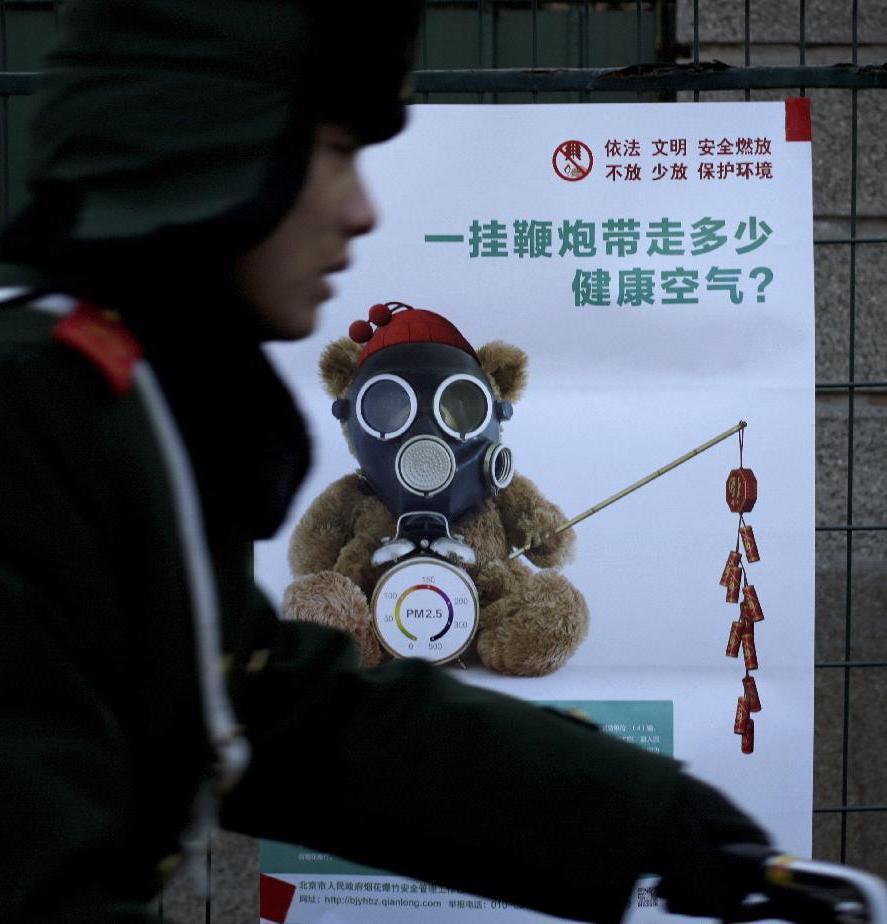Is there some monkey business afoot? New Year fireworks quieter in China
Whisper it quietly: the skies this year might not be as spectacular, nor the streets so loud as China welcomes in the Year of the Monkey. In Beijing, fireworks sales are down by a half this year after already falling a third in 2015. The central city of Zhengzhou is one of five provincial capitals outlawing firecrackers altogether. Shanghai is also banning them in the city center but, in a nod to marriage customs, handing out free electronic ones to newlyweds. Whether it’s due to expanding municipal restrictions, pollution concerns, a sagging economy or simply fading interest in a country that prides itself on having invented gunpowder, there’s a growing sense, at least among Chinese urbanites, that setting firecrackers just isn’t the essential tradition it used to be.
Everyone around me has seen on TV or heard the radio the last few years so we know what it does to pollution.
Beijing resident Wang Liwei
Wang Liwei, a 74-year old resident of east Beijing, said he’s heard plenty of public announcements warning about the effect of fireworks on public safety and pollution. In Beijing, where residents often deal with winter smog, the government has blanketed the streets with bold-typed signs urging moderation while the subway system has rolled out posters showing a teddy bear hiding behind a gas mask, a string of firecrackers dangling from a paw. Television stations have aired reports that fireworks stalls scattered around the city are offering 50 percent discounts if not closing early this year. "I definitely think it’s because of the economy,“ said Teng Qi, a 27-year old from Zhejiang Province who ran a shop in the basement floor.
Please set as few firecrackers as possible during the Spring Festival Period, minimize air pollution and help keep the capital’s skies blue!
Social media post by the Beijing police security bureau

year of the monkey